A dietitian outlines the many ways peaches are good for you
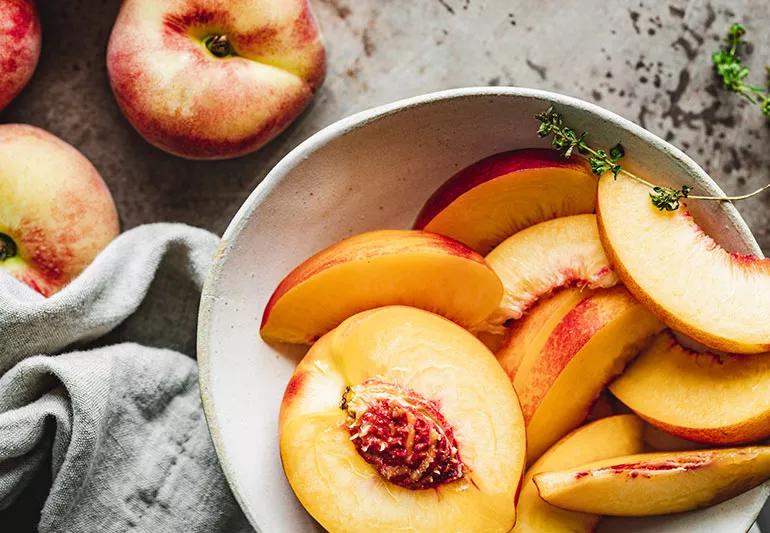
Summer peaches are one of nature’s best inventions. They’re soft and sweet, smell divine, taste good cooked or fresh, and they’re chock-full of vitamins, minerals and antioxidants.
Advertisement
Cleveland Clinic is a non-profit academic medical center. Advertising on our site helps support our mission. We do not endorse non-Cleveland Clinic products or services. Policy
Peaches boast lots of potential health benefits, including improved digestion, a healthy heart, a strong immune system and improved allergy symptoms. Dietitian Maxine Smith, RDN, LD, explains why this fuzzy fruit is so peachy keen.
Peaches are a type of stone fruit, along with plums, apricots, cherries and nectarines. As the name suggests, stone fruits have a stone-like central pit. Peaches come in white and yellow varieties and offer several nutritional payoffs.
One large peach (about 147 grams) has about:
Peaches are also a moderate source of vitamins and minerals, especially:
In addition to being delicious, Smith explains some of the other things peaches have going for them.
All types of fruits are an important part of a heart-healthy diet, but peaches might have some specific benefits. Research in animal studies has found that peach extract can help lower cholesterol and high blood pressure.
Peaches are also a moderate source of potassium, which is an important nutrient to help control blood pressure.
“Peaches contain both soluble and insoluble fiber,” Smith says. “Soluble fiber helps stabilize blood sugar and keeps cholesterol levels in check. Insoluble fiber aids in digestion and helps prevent constipation.” Eating the skin of the fruit can maximize your fiber intake.
Advertisement
Besides the goodness of fiber, peaches may keep your belly happy in other ways, too. Some research suggests that tea and extracts made from peach flowers may help improve digestion.
The plant-based polyphenols (micronutrients) and prebiotics (live bacteria) that are found in peaches and other plant-based foods can decrease inflammation, which can, in turn, decrease your risk of many chronic diseases, including heart disease, diabetes, cancer and Alzheimer’s disease.
The fuzzy skin and juicy flesh of peaches contain good-for-you antioxidants, including vitamin C, polyphenols and carotenoids. Antioxidants are compounds in plants that fight cell damage, and antioxidant-rich diets can help protect your body against aging and illnesses, including cancer. In fact, scientists have found that postmenopausal women who ate at least two servings of peaches a week had lower rates of certain types of breast cancer.
Some research also found that extracts from peach pits might dial down the body’s allergic response. More research is needed, but it’s an intriguing hint that peaches might benefit the immune system in a variety of ways.
“Peaches are a moderate source of beta carotene, a red-orange pigment found in fruits,” Smith says. The body turns beta carotene into vitamin A, an essential vitamin that’s important for healthy vision.
Some lab research found that when applied to the skin, extracts made from peach pits or peach flowers might reduce UV damage and help skin retain moisture. More research is needed, but it’s another possible reason to love peaches.
When you’re shopping the produce aisle, follow your nose. Sweet-smelling peaches tend to be the ripest and most flavorful.
If your peaches are very firm and don’t have much aroma, let them ripen at room temperature for a couple of days. To keep ripe peaches from going bad, pop them in the fridge. You can also slice and freeze fresh peaches to use later.
“Fresh peaches tend to be higher in antioxidants than their canned counterparts,” Smith says, “and canned peaches are often peeled, which is a missed opportunity because the soft, fuzzy skin is where a lot of antioxidants are found.”
Plus, canned peaches are often soaked in sugary syrup. If you opt for canned peaches, read the nutrition label to avoid added sugars.
Peaches are surprisingly versatile. They can be grilled, sauteed or baked. Get creative:
Advertisement
Or just keep it simple and enjoy a fresh, juicy peach on its own. This delicious fruit is anything but the pits!
Advertisement
Learn more about our editorial process.
Advertisement
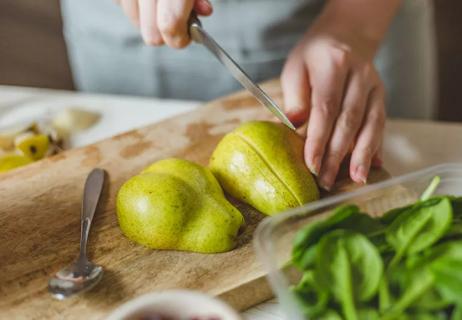
They’re great for your gut, heart and blood sugar and may lower inflammation
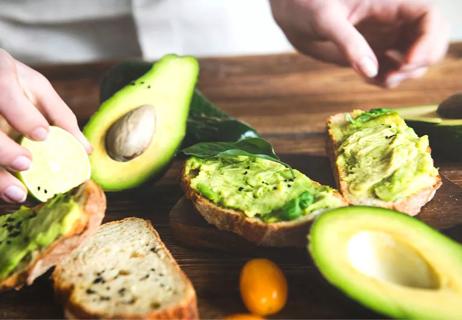
This glorious green superfood is full of vitamins, minerals and lots of other good stuff
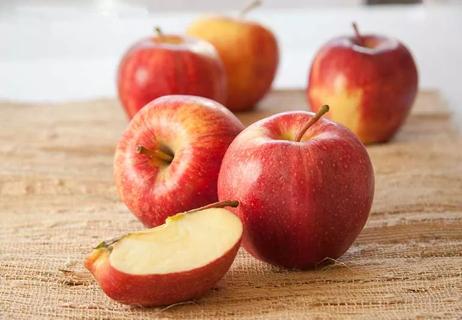
An apple a day may reduce high blood pressure, lower cholesterol and help you live longer
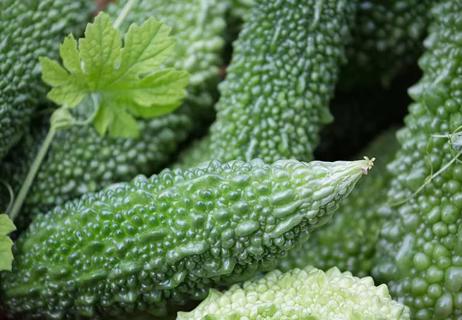
From managing blood sugar to lowering cholesterol, this fruit is a jack-of-all-trades
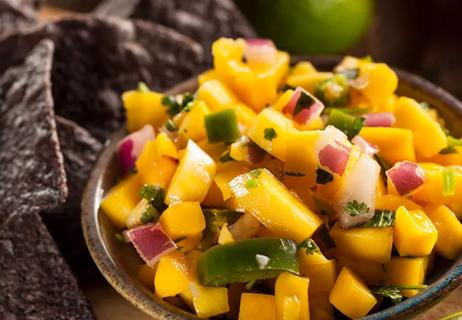
A mango a day may help keep hunger and bloating away

From improving gut health to helping with childbirth, dates are a nutritional powerhouse
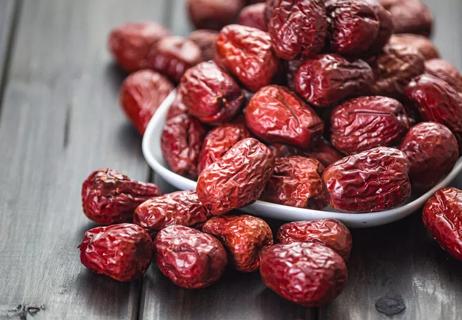
Jujube is nutritionally dense, but research is limited
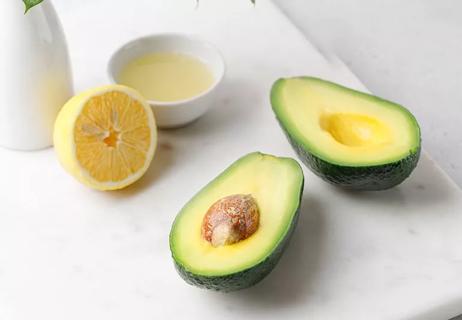
Warning: A popular TikTok hack to extend the life of avocados could lead to food poisoning

Type 2 diabetes isn’t inevitable with these dietary changes

Applying a hot or cold compress can help with pain